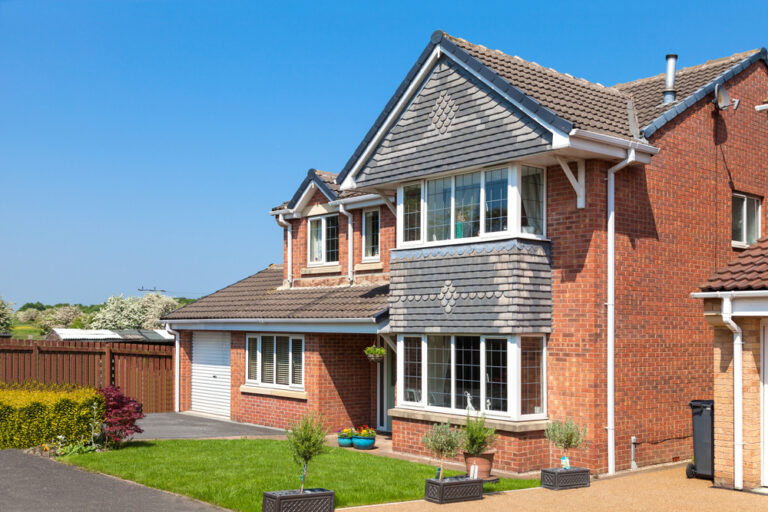The one question on the lips of buyers before the spring Budget was ‘will the stamp duty holiday be extended’?
It was estimated by Rightmove that more than 100,000 buyers who had offers accepted before Christmas were likely to miss out on the savings provided by the stamp duty ‘holiday’ when it was due to end on March 31.
Now the ‘holiday’ has been extended, however, we’ll outline what it means for buyers and sellers and tell you everything that will happen when it ends later this year…
The stamp duty holiday extension – everything you need to know
Changes to stamp duty brought in during July 2020 mean that buyers in England now pay no stamp duty on the first £500,000 of a property’s purchase price.
That can mean savings of up to £15,000, but there were fears of a ‘cliff edge’ effect, with the ‘holiday’ originally due to end on March 31.
In December 2020, Rightmove estimated there was a ‘log jam’ of 650,000 property purchases going through the system, with many buyers in danger of being landed with an unexpected stamp duty bill should they not complete before the end of March.
When does the stamp duty holiday end now?
The extension to the stamp duty holiday confirmed in the spring Budget means you now have until June 30 to complete your purchase and pay no stamp duty on the first £500,000 of your purchase price. From June 30 until September 30, the exemption threshold will become £250,000 rather than £500,000.
That means buyers will pay the following rates:
| Minimum purchase price | Maximum purchase price | Stamp duty rate |
| £0 | £250,000 | 0% |
| £250,001 | £925,000 | 5% |
| £925,001 | £1.5 million | 10% |
| £1.5 million + | 12% |
What will the stamp duty rates be once the holiday ends?
After September 30, stamp duty will revert to the rates from prior to July 2020.
That means buyers in England will pay the following in stamp duty:
| Minimum purchase price | Maximum purchase price | Stamp duty rate |
| £0 | £125,000 | 0% |
| £125,001 | £250,000 | 2% |
| £250,001 | £925,000 | 5% |
| £925,001 | £1.5 million | 10% |
| £1.5 million + | 12% |
First-time buyers, however, will be exempt from stamp duty on the first £300,000 of a property’s purchase price.
Stamp duty for property investors and buyers of second homes
Property investors and buyers of second homes have continued to pay a 3% stamp duty surcharge on purchases that aren’t their main residence throughout the ‘holiday’.
That will continue to be the case when stamp duty reverts to its pre-July 2020 rates from October 1, when investors and second home buyers will pay the following rates:
| Minimum purchase price | Maximum purchase price | Stamp duty rate |
| £0 | £125,000 | 3% |
| £125,001 | £250,000 | 5% |
| £250,001 | £925,000 | 8% |
| £925,001 | £1.5 million | 13% |
| £1.5 million + | 15% |
The stamp duty holiday and first-time buyers
Currently, first-time buyers are exempt from stamp duty on the first £500,000 of a property’s purchase price – just like all other buyers.
From July 1, however, first-timers won’t have to pay any stamp duty on the first £300,000.
How does the stamp duty extension affect sellers?
The stamp duty ‘holiday’ fuelled buyer demand from July 2020, with Rightmove reporting the highest number of sales agreed for more than 10 years in August.
That demand continued throughout 2020, leading to a nationwide annual price increase of 6.6%.
The number of new buyers coming to market continued to grow throughout the first two months of 2021, with sales agreed in February up by 7% year on year.
All of which means demand continues to outstrip supply – something that is unlikely to change now the stamp duty ‘holiday’ has been extended.
If you’re thinking of selling your home, this means there is a great opportunity to secure a quick sale.




